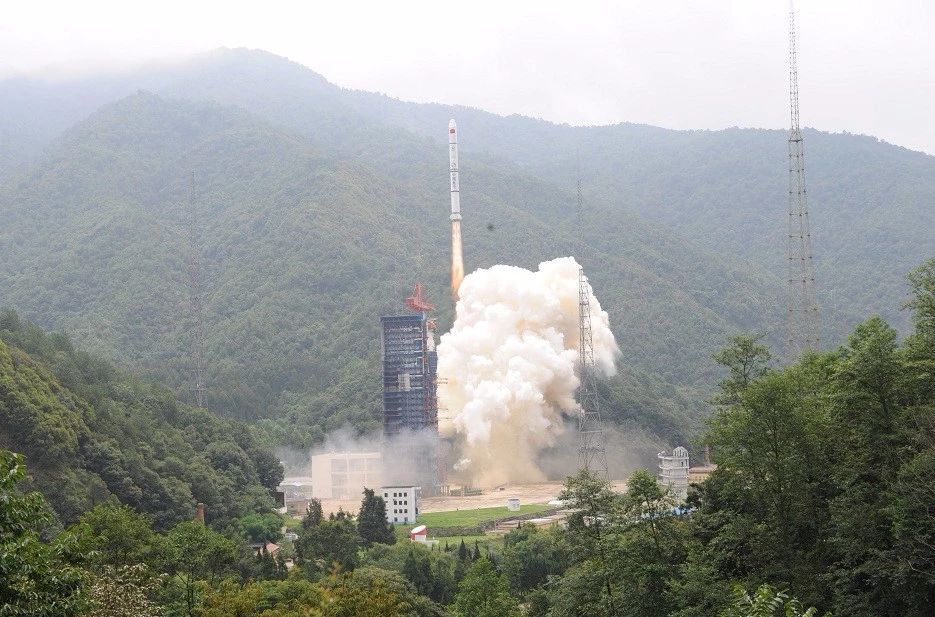China launches new space science program


BEIJING -- China Wednesday launched a new space science program focusing on the origin and evolution of the universe, black holes, gravitational waves and relationship between the solar system and human.
The Chinese Academy of Sciences (CAS) announced to develop a group of four satellites in the program.
The program includes a satellite named "Einstein-Probe (EP)", which is tasked with discovering celestial bodies that emit X-rays during fierce changes as well as quiescent black holes with transient high-energy radiation.
The Advanced Space-borne Solar Observatory (ASO-S) will help scientists understand the causality among solar magnetic fields, flares and coronal mass ejections.
The Solar wind Magnetosphere Ionosphere Link Explorer, or SMILE, which is a Sino-European joint mission, will focus on the interaction between the solar wind and the Earth magnetosphere.
The program also includes the Gravitational Wave Electromagnetic Counterpart All-sky Monitor (GECAM), which is aimed at searching for electromagnetic signals associated with gravitational waves.
The program is expected to attract the outstanding scientists and engineers in China to achieve scientific breakthroughs and technological innovation, said Wang Chi, director of the National Space Science Center under CAS.
Over the past few years, China has launched a series of space science satellites, including the Dark Matter Particle Explorer (DAMPE),the Quantum Experiments at Space Scale (QUESS) and the Hard X-ray Modulation Telescope (HXMT).
- China aims to raise the average life expectancy to around 80 years
- China launches Long March 5 carrier rocket to deploy new satellite
- Rain respite aids fall harvest in Shandong
- Snowstorms forecast as La Nina onset nears
- China's largest all-electric bulk carrier launched in Central China
- Nation to update cyber law to strengthen AI oversight




































